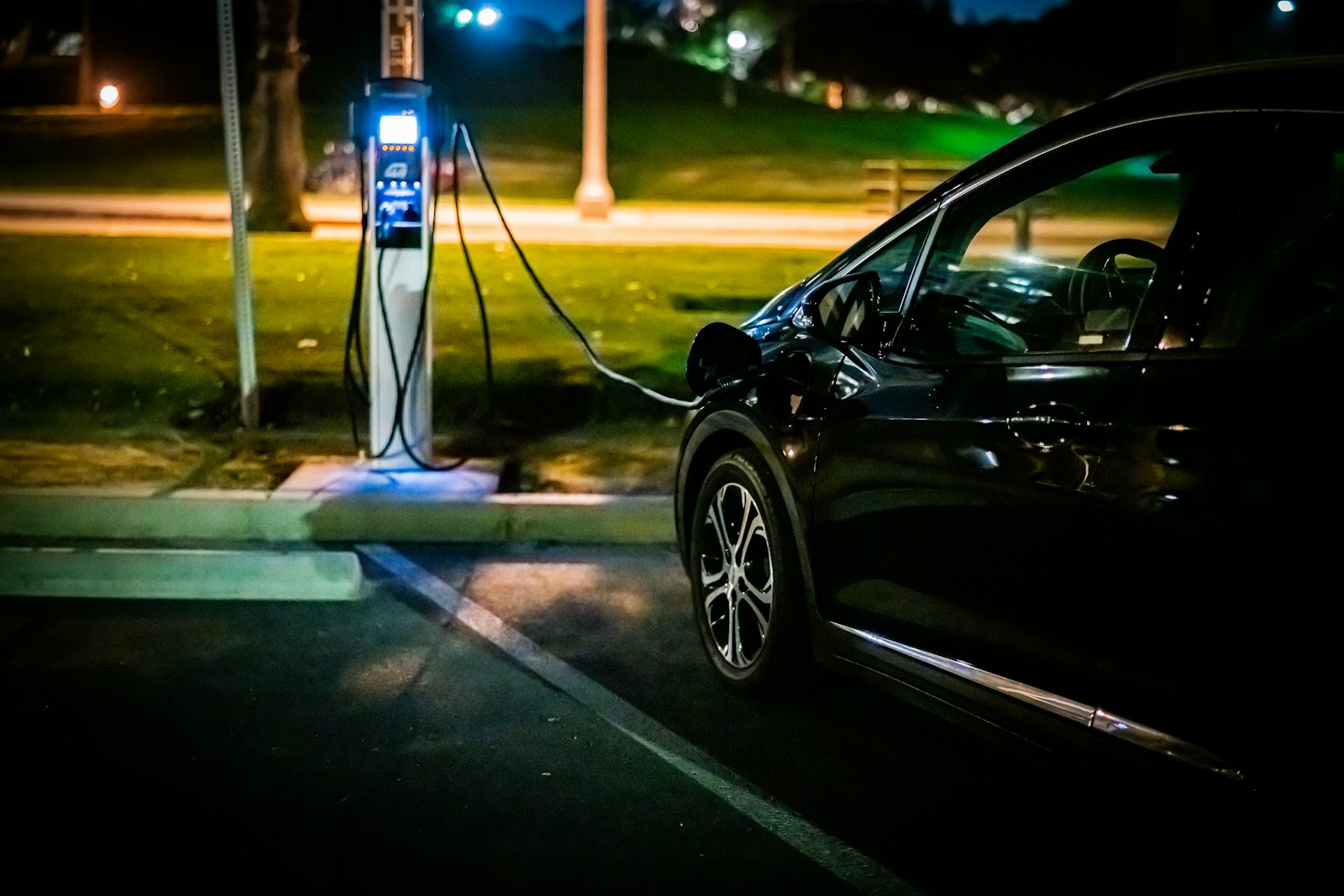Electric cars Vs Gasoline Cars.; The automobile industry is witnessing a transformation as electric cars gain popularity and challenge the dominance of traditional gasoline-powered vehicles. When considering a new car purchase, it’s important to understand the key differences between electric cars and gasoline cars. In this comprehensive comparison, we will delve into various factors, including cost of ownership, performance, range, charging infrastructure, and environmental impact, to help you make an informed decision that aligns with your needs and values. Electric cars Vs Gasoline Cars
Cost of Ownership:
Electric cars have a higher upfront cost compared to gasoline cars, primarily due to the expensive battery technology. However, electric cars generally have lower operating costs, as electricity is cheaper than gasoline, and electric vehicles require less maintenance with fewer moving parts. Over time, the savings on fuel and maintenance costs can offset the initial higher purchase price.
Performance of Electric cars Vs Gasoline Cars:
Electric cars offer instant torque and smooth acceleration, providing a thrilling driving experience. They often outperform gasoline cars in terms of acceleration from a standstill. However, gasoline cars still have an advantage when it comes to long-distance driving and high-speed performance, as they can be refueled quickly and have more extensive infrastructure support.
- Range:
Range anxiety, the fear of running out of battery power, has been a concern for electric car owners. While early electric models had limited ranges, the latest advancements in battery technology have significantly increased the range of electric vehicles. Modern electric cars can typically travel over 200 miles on a single charge, with some high-end models exceeding 300 miles. Gasoline cars, on the other hand, provide longer ranges and can be refueled within minutes, making them more suitable for long road trips.
Charging Infrastructure:
Gasoline cars have an extensive refueling infrastructure, with gas stations available virtually everywhere. Electric cars, meanwhile, rely on charging stations, which are less widespread but rapidly expanding. The availability of charging infrastructure varies depending on the location, but major cities and highways now have a growing network of charging stations. Home charging solutions, such as installing a charging station, can also provide convenient and cost-effective charging options for electric car owners.
- Environmental Impact:
Electric cars have a clear advantage over gasoline cars when it comes to reducing greenhouse gas emissions and improving air quality. Electric vehicles produce zero tailpipe emissions, contributing to lower carbon footprints and reduced air pollution. Gasoline cars, on the other hand, emit carbon dioxide and other pollutants during combustion. However, it’s important to consider the environmental impact of electricity generation. Charging an electric car with electricity from renewable sources further enhances its eco-friendly profile.
Conclusion:
The choice between an electric car and a gasoline car ultimately depends on your priorities and specific needs. Electric cars offer lower operating costs, impressive performance, and contribute to a cleaner environment. Gasoline cars, on the other hand, provide longer ranges and quicker refueling options. As technology advances and charging infrastructure expands, electric cars are becoming increasingly viable for many drivers. Consider your driving habits, range requirements, and environmental concerns to make a well-informed decision.



electric cars
tesla cars
solar battries
electric motors
electric cars canada
electric cars erstein
electric cars uae
electric cars 2024
electric cars china
electric cars advantages and disadvantages
electric cars article
electric cars for sale
electric cars in morocco
electric cars in usa
electric cars in getmany
electric cars in Australia
electric cars in Austria
electric cars in uk
electric cars in dubia
electric cars in Saudi Arabia
electric cars in japan
Electric car prices
Electric car promotions
tesla
Electric car incentives
Electric car warranties
cars electric 2023
cars electric 2022
Electric car trade-ins
Electric car maintenance
best electric cars
Electric car service center
electric cars under 30k
electric cars for kids
electric cars for sale in new York city
electric cars in delaware
electric cars in texas
electric cars for sale in Washington
electric cars for sale in california
electric cars for sale now
electric cars in romania
ukraine
electric cars in russia
cars electric suv
cars electric hybrid
cars electric toyota
cars electrical system
cars electrician
cars electricity generator